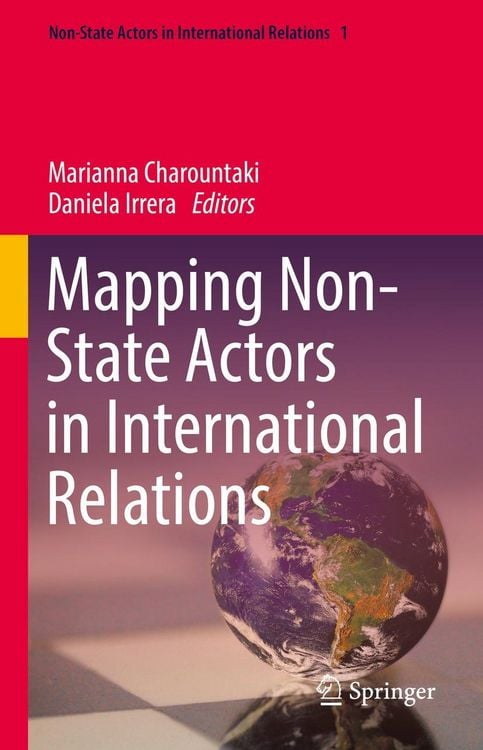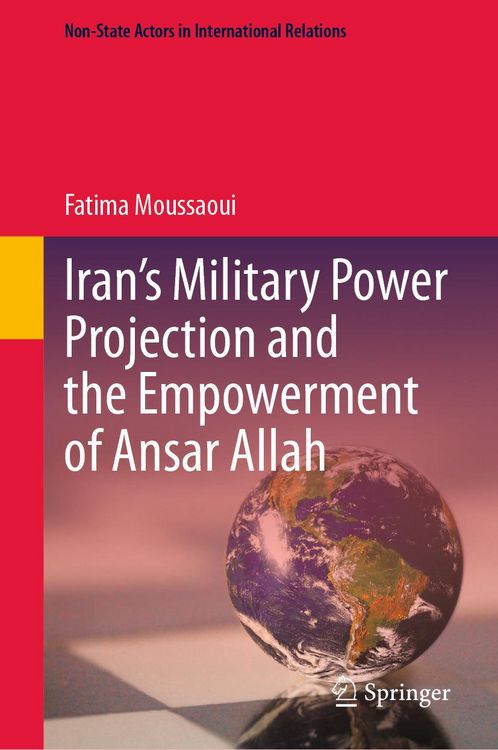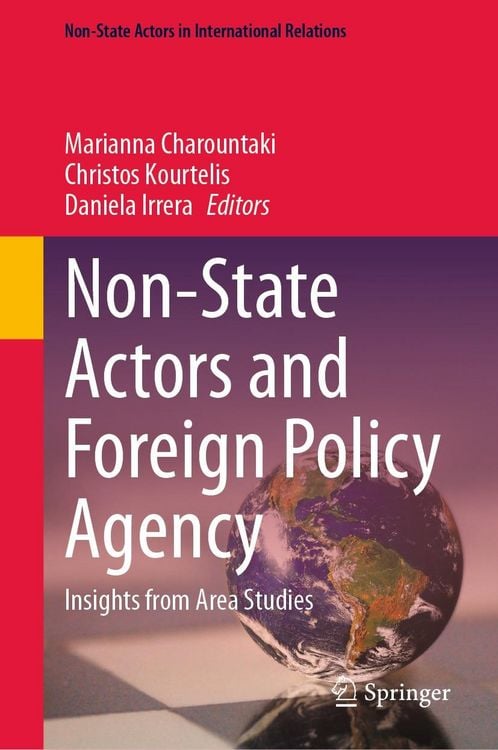
Mapping Non-State Actors in International Relations
-
- Hardcover
- Taschenbuch
- eBook ausgewählt
-
Form:Einzelkauf Download
-
Sprache:Englisch
128,39 €
inkl. MwStBeschreibung
Details
Format
Kopierschutz
Nein
Family Sharing
Nein
Text-to-Speech
Nein
Erscheinungsdatum
24.05.2022
Herausgeber
Marianna Charountaki + weitereVerlag
Springer Nature SwitzerlandSeitenzahl
124 (Printausgabe)
Dateigröße
1970 KB
Sprache
Englisch
EAN
9783030914639
Presenting a series of cases of NSAs across the continuum of international relations, the chapters firmly ground NSAs in the ontology of international relations theory.
Filling a gap in the current literature, this book will be of interest to students and researchers of international relations theory, international politics, international security, diplomatic history, and European and Middle East politics, as well as policy-makers and practitioners.
Weitere Bände von Non-State Actors in International Relations
-
Iran's Military Power Projection and the Empowerment of Ansar Allah von Fatima Moussaoui

Fatima Moussaoui
Iran's Military Power Projection and the Empowerment of Ansar AllaheBook
128,39 €
-
Non-State Actors and Foreign Policy Agency von Marianna Charountaki

Marianna Charountaki
Non-State Actors and Foreign Policy AgencyeBook
128,39 €
-
Mapping Non-State Actors in International Relations von Marianna Charountaki

Marianna Charountaki
Mapping Non-State Actors in International RelationseBook
128,39 €
Unsere Kundinnen und Kunden meinen
Verfassen Sie die erste Bewertung zu diesem Artikel
Helfen Sie anderen Kund*innen durch Ihre Meinung
Kurze Frage zu unserer Seite
Vielen Dank für dein Feedback
Wir nutzen dein Feedback, um unsere Produktseiten zu verbessern. Bitte habe Verständnis, dass wir dir keine Rückmeldung geben können. Falls du Kontakt mit uns aufnehmen möchtest, kannst du dich aber gerne an unseren Kund*innenservice wenden.
zum Kundenservice